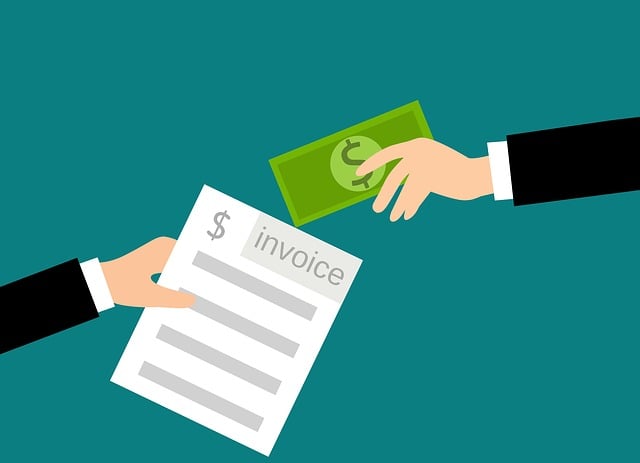TL;DR:
Invoice factoring is a financial service that transforms outstanding invoices into immediate funding, offering businesses enhanced liquidity and consistent cash flow. By selling accounts receivable to a third-party factor, companies gain access to much-needed capital for growth, operational expenses, and unexpected challenges. This method optimizes cash management, secures business finances, and minimizes the administrative burden of accounts receivable, making it particularly beneficial for small and medium-sized enterprises aiming to stay competitive in the market.
Optimize Your Business with Invoice Factoring: Unlocking Efficient Operations and Financial Freedom
In today’s dynamic market, businesses face constant cash flow challenges. Invoice factoring offers a powerful solution, transforming accounts receivable into immediate, reliable funding. This article explores how invoice factoring benefits can optimize business operations by providing consistent cash flow, enhancing liquidity, and securing your financial future through robust cash management practices. Discover the transformative power of factoring for short-term funding needs and watch your business thrive.
- Understanding Invoice Factoring and Its Role in Business Operations
- – Definition of invoice factoring
- – How does factoring work?
- – Benefits for businesses
Understanding Invoice Factoring and Its Role in Business Operations

Invoice factoring is a financial service that offers businesses an efficient way to streamline their cash flow and optimize operations. It involves selling outstanding invoices to a third-party factor, allowing companies to receive immediate funding for their accounts receivable. This process provides several key benefits, particularly in terms of consistent cash flow and enhanced liquidity. Businesses can free up capital that was previously tied up in pending invoices, enabling them to manage day-to-day expenses and capitalize on growth opportunities.
By utilizing invoice factoring, companies gain access to reliable funding sources, ensuring their business finances remain secure. This method simplifies cash management by providing a consistent and predictable cash flow, which is crucial for strategic planning and decision-making. It also reduces the administrative burden of managing accounts receivable, allowing businesses to focus on core operations. With these advantages, invoice factoring becomes an essential tool for optimizing business processes and driving financial success.
– Definition of invoice factoring

Invoice factoring is a financial solution that allows businesses to transform their outstanding invoices into immediate cash. It involves selling accounts receivable—typically at a discount—to a third-party factor, who then manages the collection process and assumes the credit risk associated with payment delays or defaults. This innovative approach offers numerous advantages for companies seeking improved cash flow management.
One of its key benefits is providing consistent and reliable funding, ensuring businesses have access to capital they can use for growth opportunities, operational expenses, or unexpected financial challenges. By enhancing liquidity, invoice factoring enables companies to optimize their cash management strategies, minimize the strain on their accounts payable departments, and foster a more secure financial environment overall.
– How does factoring work?

Factoring is a financial solution that allows businesses to turn their outstanding invoices into immediate cash. Here’s how it works: a business sells its accounts receivable (invoices) to a third-party factor, who then collects the payments directly from the customers. This process provides businesses with quick access to funds, ensuring they have the cash flow needed to cover expenses and invest in growth opportunities.
By utilizing invoice factoring, companies can enjoy several benefits, including enhanced liquidity, reliable funding, and improved cash management. It helps maintain consistent cash flow, allowing businesses to secure their financial stability and make strategic decisions without delays caused by waiting for customers to settle invoices. This efficient approach to financing is especially valuable for small and medium-sized enterprises looking to optimize their operations and stay competitive in the market.
– Benefits for businesses

Business operations can be significantly optimized through the strategic use of invoice factoring, offering a range of benefits that boost overall performance and financial health. One of the key advantages is the provision of consistent cash flow, enabling companies to maintain stable financial grounds and meet their short-term obligations effortlessly. By converting invoices into immediate funds, businesses gain access to reliable funding, ensuring they have the capital needed to sustain operations, invest in growth opportunities, and manage any unexpected expenses that may arise.
Additionally, invoice factoring enhances liquidity by freeing up working capital tied up in outstanding invoices. This allows companies to optimize their cash management strategies, improve financial forecasting, and seize market opportunities promptly. With secure business finances ensured through this process, businesses can focus on core operations, make strategic decisions, and ultimately drive growth and success.






